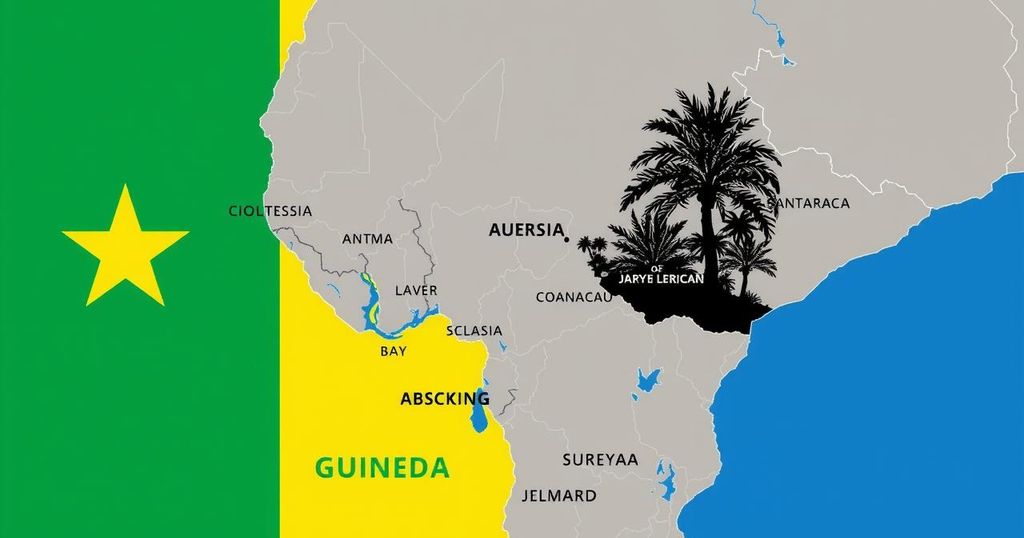Guinea Bissau President Postpones Legislative Elections Indefinitely

President Umaro Sissoco Embalo of Guinea Bissau has indefinitely postponed legislative elections originally set for November 24. This suspension is primarily due to ongoing political instability, marked by logistical challenges and financial constraints. The postponement adds uncertainty to both legislative and presidential elections, as tensions with the PAIGC opposition complicate the political landscape in one of the world’s poorest nations.
On Monday, President Umaro Sissoco Embalo of Guinea Bissau formally announced the indefinite postponement of legislative elections that were originally slated for November 24. This decision stems from the ongoing political instability in the nation, which has faced a tumultuous period since the dissolution of parliament in December 2023, following an attempted coup. Anticipation had built around the likelihood of postponement, fueled by logistical hurdles and a lack of financial resources, as indicated by Minister of Territorial Administration, Aristides Ocante da Silva. The implications of this decision extend beyond legislative elections, as there is also uncertainty surrounding the presidential election to replace Mr. Embalo himself. The current political dynamics are exacerbated by a coalition led by the African Party for the Independence of Guinea and Cape Verde (PAIGC), which has maintained an absolute majority in parliament since the June 2023 elections. This situation has resulted in a challenging cohabitation arrangement between the president and the opposition party’s leader. As one of the world’s poorest nations, Guinea Bissau has struggled with corruption and a history of political upheaval, including a series of coups since its independence from Portugal. Even as the nation had made strides toward constitutional stability over the past decade, it continues to grapple with political turmoil, particularly following Mr. Embalo’s election in December 2019 for a five-year term. The future political landscape remains uncertain, with no new election dates being set, adding to the concerns of citizens and political observers alike.
Guinea Bissau, a small West African nation, has a history of political instability characterized by frequent coups and corruption. Since gaining independence from Portugal, the country has experienced numerous challenges in its efforts to establish a stable democratic governance. The recent decision to postpone elections highlights the ongoing crisis within the government, where financial constraints and political tensions complicate the electoral process. The PAIGC’s dominance in parliament has further strained relations with President Embalo, indicating a challenging political environment.
In summary, President Umaro Sissoco Embalo’s decision to postpone legislative elections indefinitely reflects the political instability that continues to plague Guinea Bissau. The logistical challenges, coupled with financial constraints and the opposition’s stronghold in parliament, have created a complex situation. As the country endeavors to navigate these difficulties, the future remains uncertain, with heightened scrutiny on both the president and the electoral process.
Original Source: punchng.com








